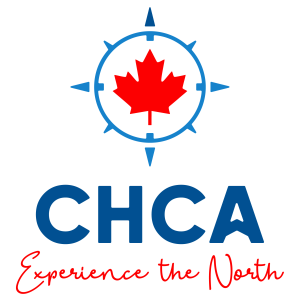VIDEO: 16x9 - Failing Canada's First Nations Children (34 mins)
Conditions d'achèvement
Cliquer sur VIDEO: 16x9 - Failing Canada's First Nations Children (34 mins) pour ouvrir la ressource.

